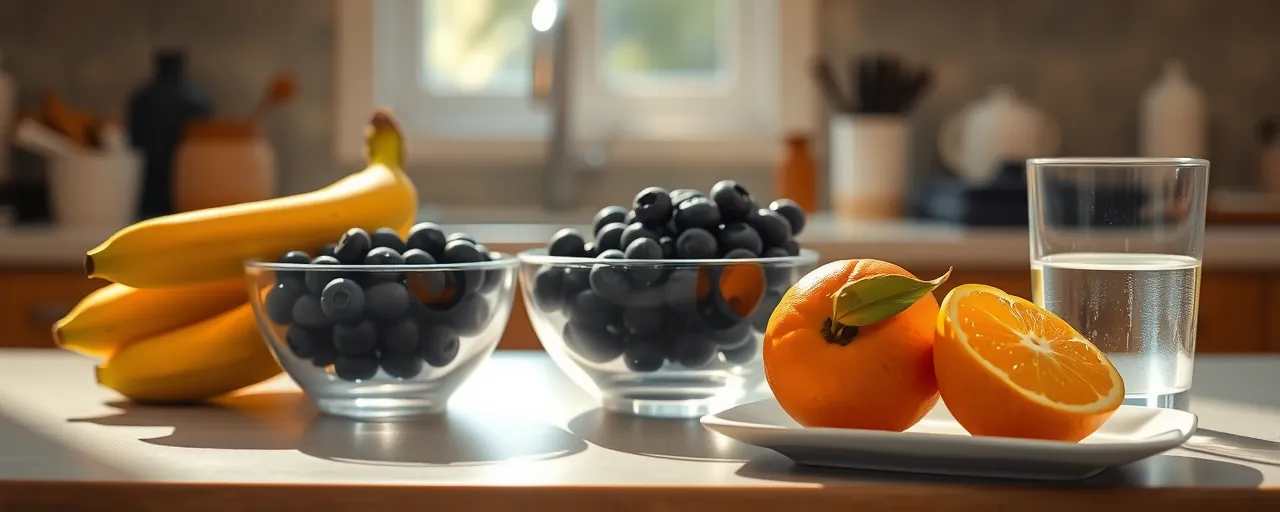America’s Health Emergency
The numbers hit hard. One in three teenagers battles prediabetes. Forty percent of kids carry chronic conditions. Daily, 15 percent of high school students down a soda. These facts scream for action. The U.S. Department of Agriculture, led by Secretary Brooke Rollins, delivers it with groundbreaking SNAP waivers in Indiana, Iowa, and Nebraska, effective January 2026. By blocking purchases of soda, candy, and taxable snacks, these states are reclaiming SNAP’s purpose: nutrition, not indulgence.
Taxpayers have watched SNAP stray from its roots, funding sugar-laden diets while obesity costs spiral to $147 billion a year. This isn’t about judgment; it’s about reality. President Trump’s Make America Healthy Again agenda, backed by Rollins and Health and Human Services Secretary Robert F. Kennedy Jr., tackles the crisis head-on. The waivers aren’t minor fixes. They aim to protect lives and preserve the public’s hard-earned money.
Why let a nutrition program bankroll disease? Indiana’s ban on soft drinks and candy, Iowa’s exclusion of taxable snacks, and Nebraska’s soda restrictions answer that question. These states, under governors like Mike Braun and Kim Reynolds, show leadership by prioritizing health over convenience. Their actions prove government can make tough choices for the common good.
Restoring SNAP’s True Mission
When SNAP began in 1964, its goal was clear: nourish low-income families. The 1977 Food Stamp Act reinforced that, aiming for ‘a more nutritious diet.’ Yet, recipients could buy almost anything—soda, chips, candy—except alcohol and tobacco. That’s not what nutrition looks like. The USDA’s waivers fix this, ensuring public funds support health. Indiana bans soft drinks and candy, Iowa targets taxable snacks, and Nebraska cuts soda. These are steps toward honesty in policy.
Some public health experts and Democratic legislators cry foul, claiming restrictions shame recipients or curb freedom. They cite a 2025 University of Michigan study showing soda bans didn’t shift diets much. But SNAP isn’t about unrestricted choice; it’s about delivering nutrition. Pushing for bigger benefits or produce incentives dodges the real problem: junk food doesn’t belong in a health-focused program. Sentiment can’t override results.
These waivers reflect accountability, not overreach. Governors Braun and Reynolds, spurred by Rollins’ first-day call to innovate, show how states can lead. This federal-state teamwork honors SNAP’s origins, supporting farmers and feeding families right. It’s practical, principled, and long overdue.
A Path to National Renewal
Obesity isn’t just a personal issue; it’s a national drain. The $147 billion in yearly medical costs from obesity-related illnesses dwarfs SNAP’s budget. By limiting junk food purchases, these waivers strike at the root. They’re not the whole answer, but they’re a vital start. Indiana, Iowa, and Nebraska are testing grounds, with more states like Arkansas and Texas ready to follow. This is what innovation looks like.
Opponents argue restrictions complicate shopping or stigmatize families. They push cash transfers, pointing to global models. But SNAP’s role is specific: targeted nutrition, not blank checks. The USDA’s strategy, guided by Trump’s vision, blends restrictions with produce incentives to encourage better choices while keeping the program’s focus intact. It’s pragmatic, not punitive.
What’s ahead? More states, more waivers, perhaps nationwide rules. The Make America Healthy Again Commission is exploring healthy checkout policies and bigger reforms. With one in three kids at risk of prediabetes, standing still isn’t an option. These waivers prove change is possible when leaders act with conviction.
Choose Health, Choose Action
America faces a choice: prop up a system that fuels illness or build one that fosters health. The USDA’s SNAP waivers in Indiana, Iowa, and Nebraska pick the latter. They respect SNAP’s mission, protect public funds, and put health first. Governors Braun, Reynolds, and Jim Pillen have shown the courage to lead when others wavered.
Critics will lean on studies, arguing restrictions don’t work or hurt dignity. But dignity doesn’t cure chronic disease. Results do. These waivers take a stand against a crisis too long ignored. They show government can act decisively for the public good, even when the path is hard.
How do we move forward? With more waivers, more accountability, more resolve. The health of our children, our economy, and our nation hangs in the balance. Indiana, Iowa, and Nebraska have started the journey. The rest of America must keep pace.
